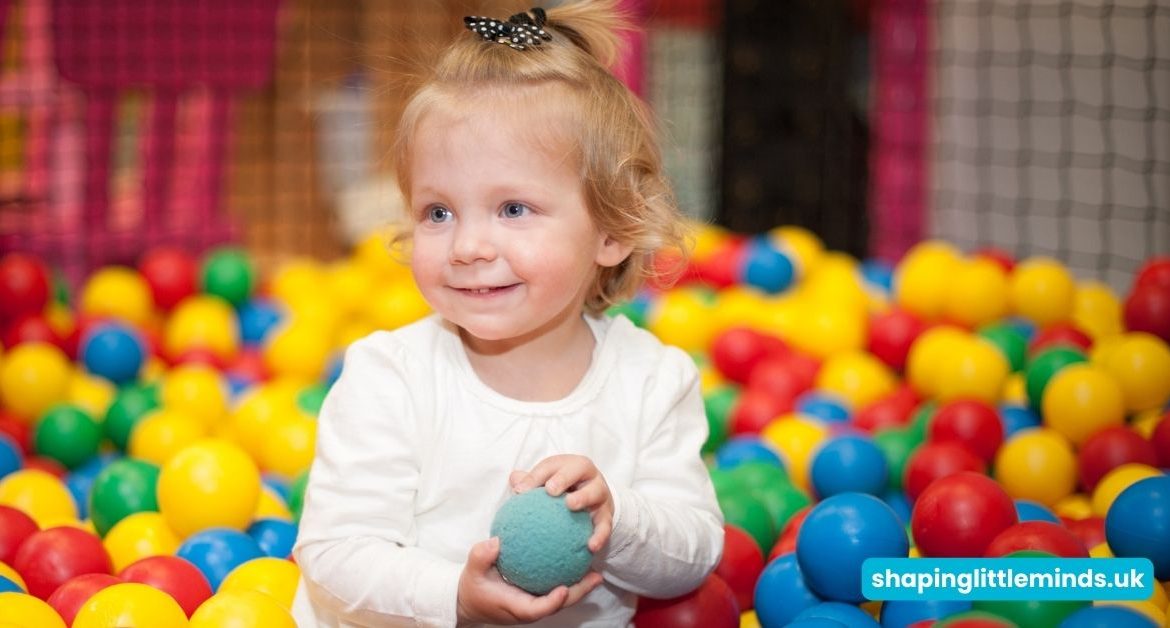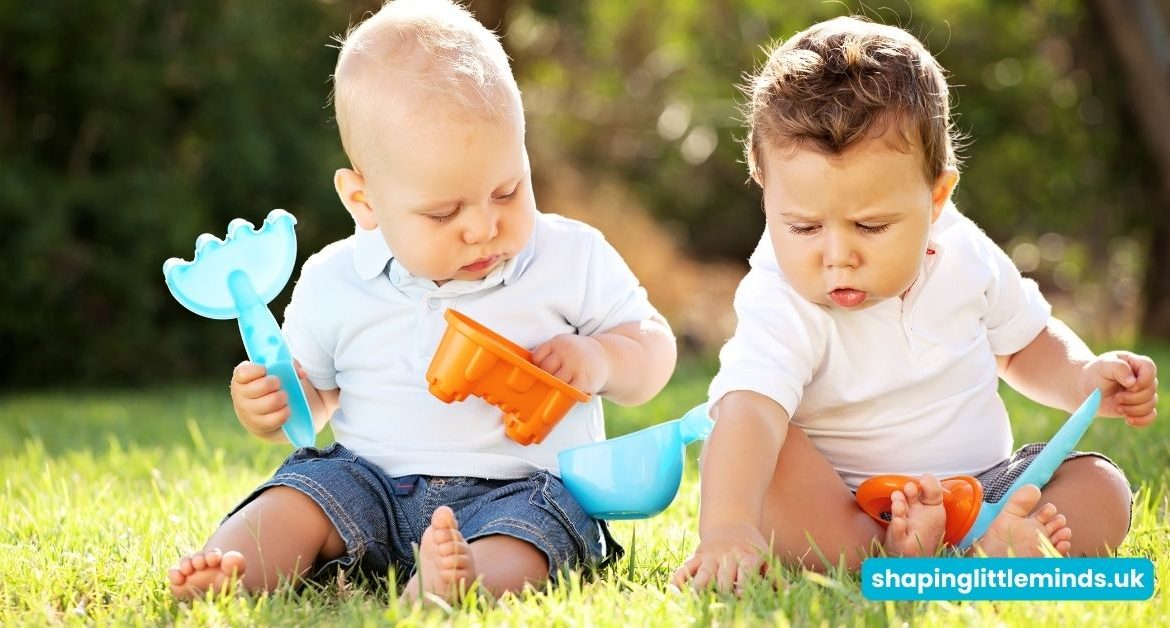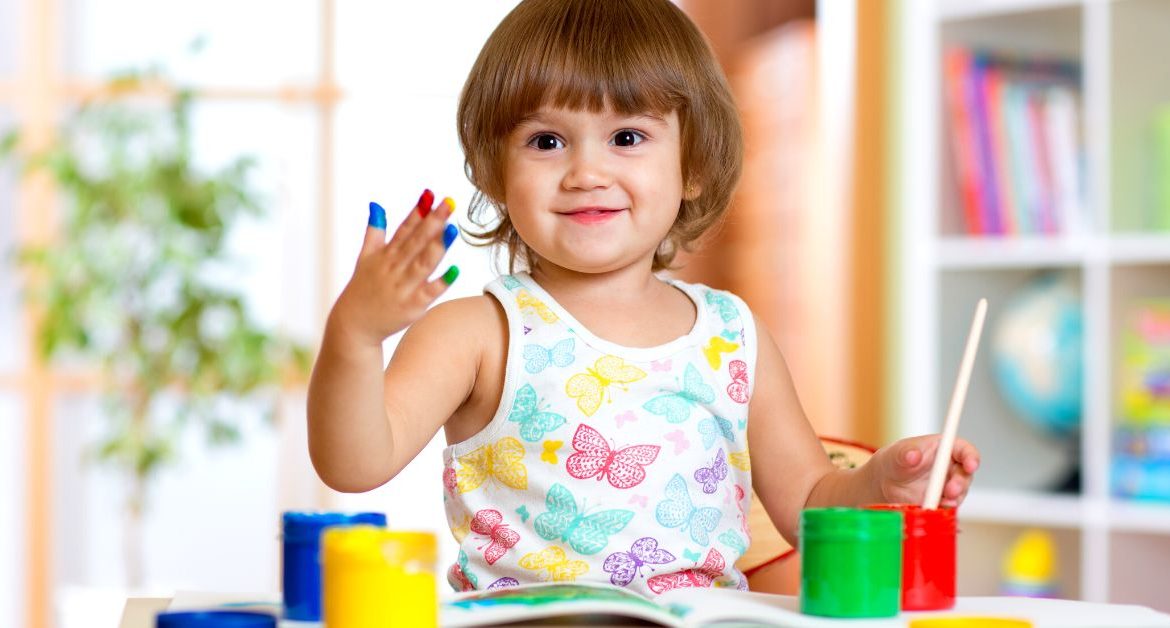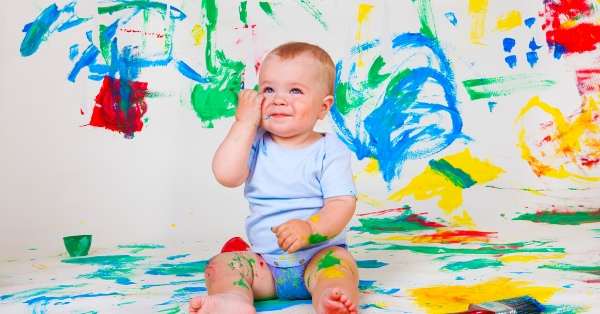Play-based learning is a teaching method that uses play as a tool to help children learn. It is an effective way to teach children new skills, concepts, and ideas while engaging them in fun and meaningful activities. What is Play? Play is often described as an activity that is done...
Gross Motor
What is Gross Motor? Gross motor development refers to the development of large muscle groups, such as those in the arms, legs, and torso. It is an important aspect of physical development for babies and toddlers, as it helps them to build strength, balance, coordination, and control of their bodies....
Learning by Modelling: The Benefits of Imitation for Babies and Toddlers
At our playgroup, we have children ranging from 6 months to 4 years old, and one of the things we've noticed is that babies and toddlers are natural imitators. From a young age, they learn by observing and copying the behavior of those around them. In fact, imitation is one...
Relaxation Time: Importance, Benefits and some Ideas
Relaxation is becoming increasingly important for children, especially as they face stress and anxiety in their daily lives.
New change in our Program!
We're excited to announce a new change in our program, now including both babies and toddlers in the same group. This new arrangement provides a unique opportunity for babies to observe and learn through mimicry as they play alongside older children. Our activities are carefully designed to cater to the...
What is “Early Stimulation”?
Human beings are born precocious and cognitive development is accelerated during the first years of life. It is at this stage that the plasticity of the brain and the capacity to learn is immense, it is very important to take advantage of this and offer children adequate stimulation to enhance...






